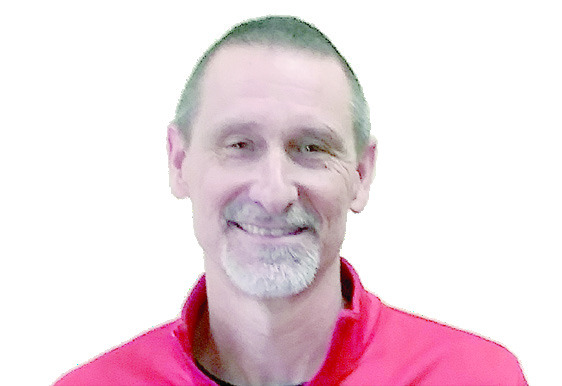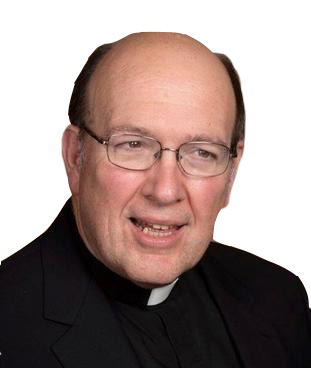Merlyn Johnson: Another open enrollment movement
A bill allowing students to transfer between public school districts, known as open enrollment, is once again making its way through the Missouri legislature.
House Bill 1989 became the fourth open enrollment bill in four consecutive years to gain initial approval from the Missouri House of Representatives. The bill would allow 3 percent of a district’s students each year to switch to another school district, as long as that district opts into the program. The state funding that accompanies each student would transfer to that district, but local funding from property taxes would not travel with the student. The bill passed in an 83-69 vote in late January.
It is likely that lower-income districts would lose students to higher-income districts because of their amenities, thereby losing crucial state funding and further struggling to provide competitive teacher salaries.
Rural Southwest Missouri districts simply do not have the resources to build the facilities and build the buildings and provide the things that are newer and shinier when compared to higher income communities like Republic, Joplin, and Neosho. Many feel that financial inequality could lead to educational inequality for the students left behind.
The haves will get more, the have-nots will get less. And, in general, all districts in Barry County are have-not districts.
There is no way to make this process equitable. By the very nature of an open enrollment system, not every child will have the means to leave a school. What happens to their school when only some get to go, and others are left behind?
More than likely, those schools will fall further behind, as will their students. It is likely that students from low-income homes and/or who have challenging disabilities will be the ones who other school districts suddenly determine they no longer have room to educate.
It is also believed that open enrollment will eventually lead to the consolidation of many schools across the state and will inevitably lead to a further stratification of haves and have nots.
Although open enrollment bills have repeatedly failed in the state Senate, this year, many sense there is clear momentum in the legislature to pass something. Supporters of the bill have pointed to this years’ Annual Performance Reports (APR) for Missouri school districts to argue for open enrollment.
The number of high-performing school districts in the state dropped starting in the 2021-22 school year under a new APR scoring formula. Legislators advocating for open enrollment say that the state is spending billions on something that’s not working and express continual disappointment in public schools’ math and reading scores.
Education leaders feel it is unfortunate that APR scores were released in December, just before the start of the legislative session. Supporters of HB 1989 likely are utilizing now-lower APR scores as a reason to increase their push for open enrollment.
Although it does not appear that state education officials had any political agenda in creating the new APR scoring formula, it was simply bad timing creating a temptation to rank school districts against each other using APR scores.
Another side effect is the financial component of this bill. Transportation to and from new school districts is not provided unless students qualify for freeand reduced-price lunch. This will favor families with more resources and will likely create a large disparity between who stays and who leaves a district.
The money the bill sets aside for transportation for free and reduced lunch students — an $80 million earmark called the Parent Public School Choice Fund that would reimburse certain transfer costs — will not be enough to cover its costs. This fund is in a pot of money that is going to be drained very quickly and will be completely unmanageable.
Proactive educational leaders feel state funds could be better spent on teacher salaries. Missouri has the lowest starting teacher base pay in the country at $25,000. If action is not taken soon, neighboring states will continue to pull ahead. For example, last year, Arkansas raised its starting teacher salary to $50,000. There has been some recent optimism in that Governor Parson’s legislative agenda includes asking for a $400 million increase to the education budget to boost teacher pay to $40,000.
It would be more appropriate for our legislators to focus on making our teacher salaries more competitive with our neighboring states instead of forcing greater inequities between school districts and between opportunities for kids with an open enrollment system.
Our statewide focus should be on improving the quality of education for all Missouri students instead of allowing some to profit from their ability to choose a different school district, while potentially making other students pay the price.
Once again, I am asking you to research the pros and cons of open enrollment beyond this article. Once you have enough information, I encourage you to contact our state representatives and senators and let them know how you feel. Calling or writing an email to our legislators would be highly beneficial at this time.
Legislators who represent a portion of Cassville R-IV School District:
• Senator Mike Moon: 573-751-1480 mike. [email protected]
• Senator Karla Eslinger: 573-751-1882 karla.eslinger@senate. mo.gov
• Representative Travis Smith: 573-7512042 [email protected]
• Representative Scott Cupps: 573-751-1488 scott.cupps@house. mo.gov.
Merlyn Johnson is the superintendent of the Cassville school district. He may be reached at mjohnson@ cassville.k12.mo.us.






